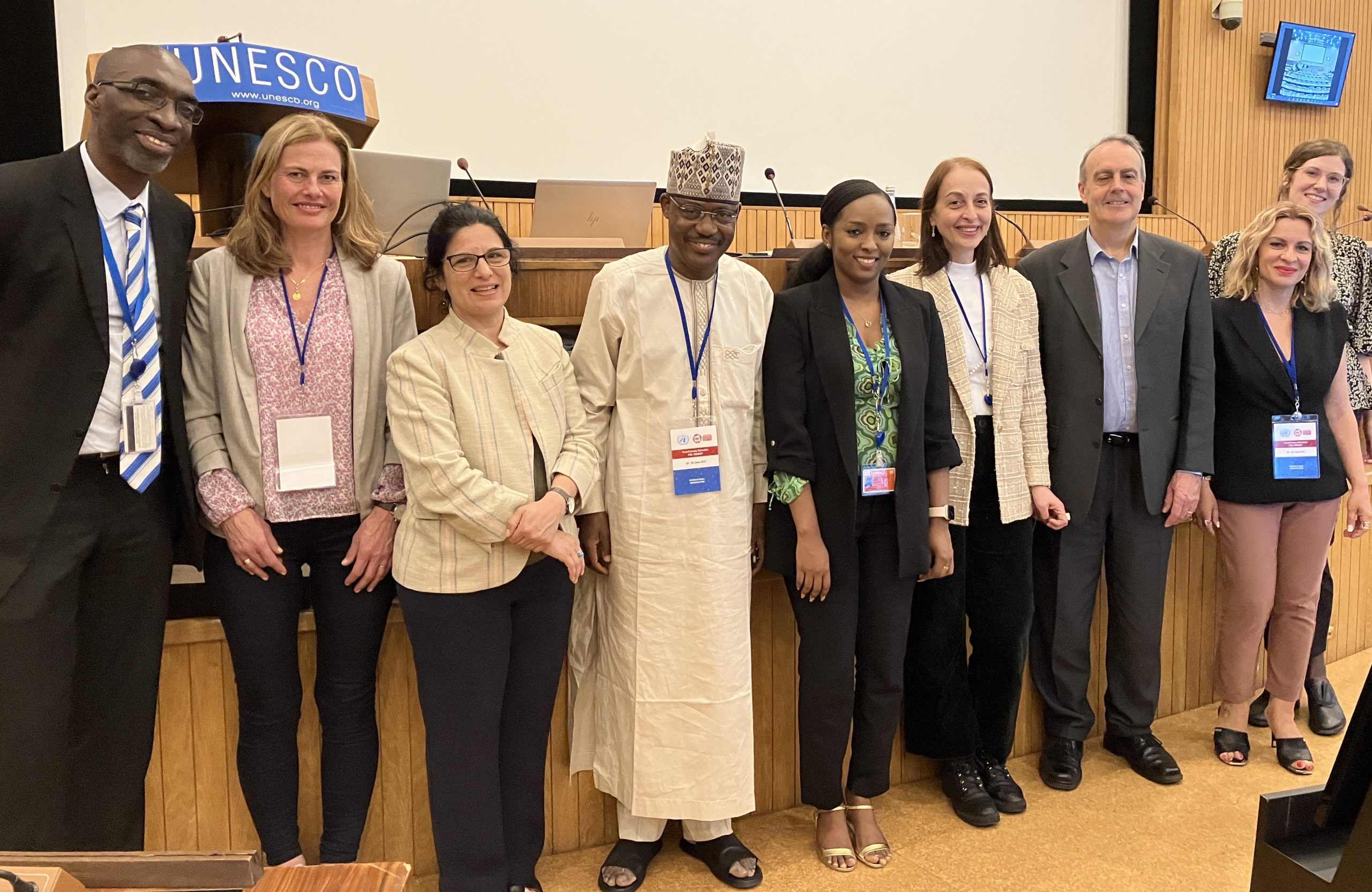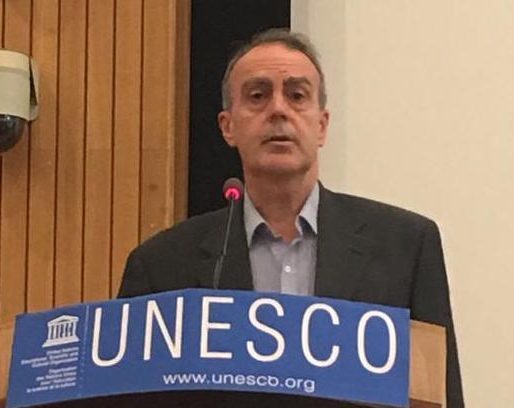In Paris this week UNESCO held an event that brought a broadcasting perspective to its media and information literacy agenda.
Media Regulators and Broadcasting Unions gave their viewpoints on developing Media and Information Literacy and Digital Competencies.
Steve Ahern, Head of the ABU Media Academy, joined the Caribbean and African broadcasting unions in giving a broadcasting perspective to UNESCO’s ongoing work on media and information literacies (MIL).
In his address to the UN, Ahern described the characteristics of professional media as:
- those that publish with a purpose that is greater than themselves,
- professionals who are trained to deliver their content to clearly identified audience segments hungry for the news they report or the stories they tell,
- professionals who enrich their own culture and society,
- professionals who stimulate thought and imagination,
- those who are guided by rules, regulations, codes of ethics and principles that have been developed by society to set limits,
- and those who have a professional editorial checking process that takes place before publication.
Rules and regulations were organically developed over many decades as broadcasters and societies became more literate about media and applied guidelines for social good. “When societies are literate they can read, interpret and use what they see and hear. People communicate, work together, learn, entertain, debate and build culture. They are less likely to be misled if they are informed and inquisitive. Broadcasters, publishers and educators are important in achieving this,” he said.
According to Ahern, the common threads that make up professional media are:
- A commitment to the greater good of society,
- Internal editorial checks and balances,
- External rules and regulations.
African Union of Broadcasters CEO Gregoire Ndjaka pointed out the positive and negative impacts of citizen publishers on social media. “Ordinary people are enriching our content with their own experiences… but sometimes their ethics are impaired.” The AUB is working with schools to teach children about the importance of fact checking.
CBU Secretary General Sonia Gill said MIL “really matters for the Caribbean,” commenting that the infodemic of misinformation about covid “has had a severe impact and undermined trust and thwarted efforts to battle the health crisis.”

Disclosure:
Steve Ahern was the founding editor of this website . He currently works for the Asia Pacific Broadcasting Union.

